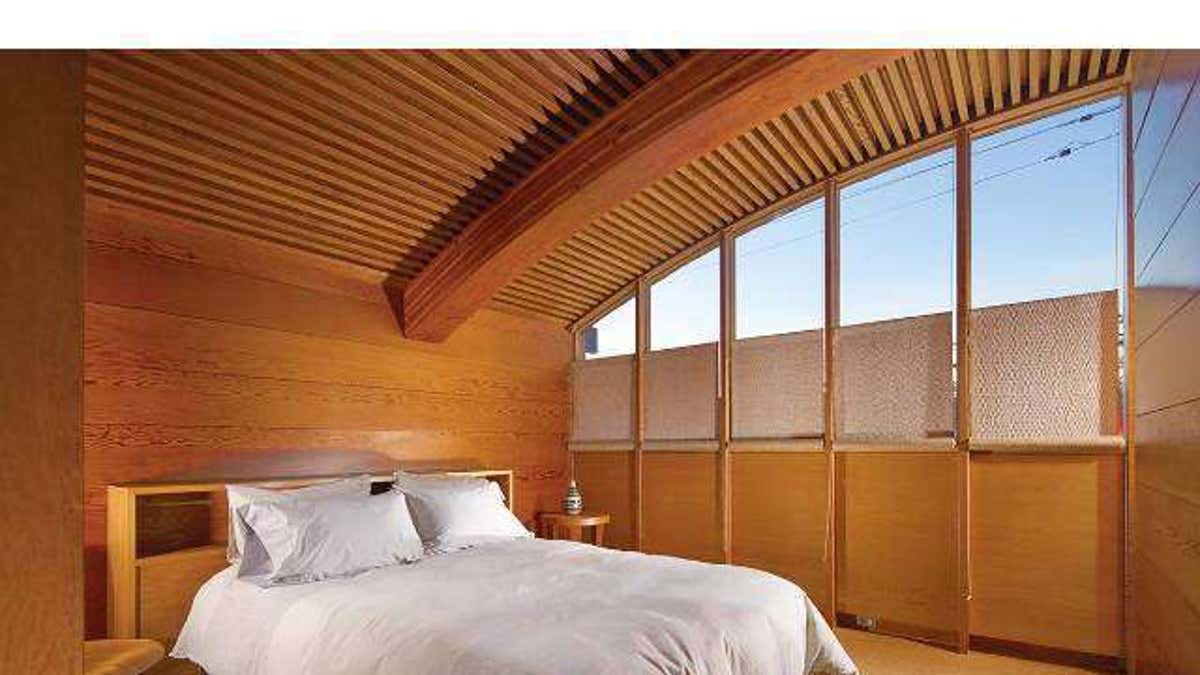
john-lautner-rawlins-house-balboa-island-5
For most people, the goal of being a first-time home buyer is enough. For others, it isn't -- they want to be first-time landlords, too. And while it may be challenging to get your first rental property as a first-time home buyer, it's possible. You just need to consider some important factors.
The investment property option
For first-time home buyers looking simply for an investment property, it's possible -- but it can be expensive.
If you're not going to live in the property, you will need to take out a mortgage for an investment property. These mortgages typically have higher rates and higher credit score requirements than traditional, owner-occupied mortgages. Down payments can also be higher.
"Investment properties usually have 10% to 30% down [payments], depending on the type of program," said Linda Rheinberger, a regional vice president of the National Association of Realtors.
These costs for an investment property are often a deterrent to many first-time home buyers, Rheinberger says. But if you live on the property, you can get better rates.
The owner-occupied, FHA option
For example, Federal Housing Administration (FHA) loans are available for a property with up to four units if it is owner-occupied. That means an eligible borrower can get FHA's low 3.5% down payment on a property with up to four units.
Keep in mind that if you want a property with more than two units -- meaning a three- to four-unit property -- you will also need three months' worth of mortgage payments as a cash reserve to qualify.
Conventional FHA loan limits for standard (not high-cost) areas are as follows:
- Two units: $533,850
- Three units: $645,300
- Four units: $801,950
Landlordin' ain't easy
Being a landlord can get complicated, especially for buyers who have never owned a property before.
Rheinberger says people need to consider the many facets of being a landlord, like providing unforeseen upgrades and dealing with tenants who destroy property or have too many pets.
There's also the legal side of things. Buyers have to understand local laws, especially when it comes to evicting tenants or collecting rent.
"What if someone fails to pay rent? Or if you have to use the legal process in a situation where the person hasn't made a payment in three months but they live in an area where it takes 90 days to get them out," Rheinberger said.
It can be especially difficult if a buyer doesn't live in the area or if there are problems with multiple units.
Keeping it simple
That's why the owner-occupied option may be the better route to go for would-be landlords, especially for properties with just one additional unit, such as a duplex. The learning curve for being a landlord might not be as steep as managing a cluster of apartments.
Buying a duplex can be "a good way for people to get started on investment properties," said Sheryl Grider Whitehurst, also a regional vice president at NAR as well as a managing broker at Traders Realty in Peoria, IL.
Whitehurst said her first property was a duplex and she rented out the other unit. "The other unit totally paid for the mortgage payment," she said.
When it was time to move on to another home, she kept the duplex as a straight rental property.
Of course, the application isn't simple. Whitehurst said buyers should ask themselves, "What are my risks? What type of loan is it? Is it a balloon? If some [units] are vacant, can I still pay the mortgage?" Buyers should also keep up cash reserves that they're comfortable with, she added.
"It's not get-rich quick," Whitehurst said. "It's long-term."
The post Should You Become a Landlord as a First-Time Home Buyer? appeared first on Real Estate News and Advice - realtor.com.